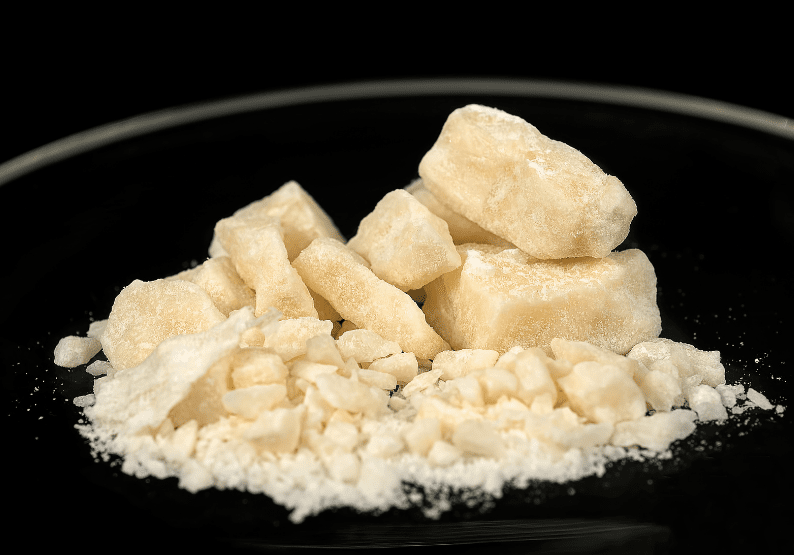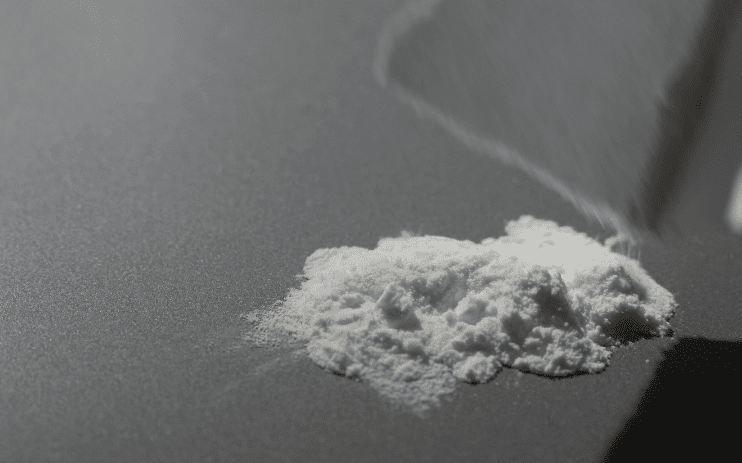Is Cocaine or Crack More Dangerous?
Cocaine vs. Crack: Which Is More Dangerous?
Cocaine vs. Crack: Understanding the Differences, Dangers, and Recovery Options
When it comes to cocaine vs. crack, there are numerous factors to consider about these two highly addictive and dangerous drugs. Have you been dabbling with cocaine and gotten in over your head? At Oasis Recovery, we know how easily a cocaine addiction can sneak up on you. In fact, it is absolutely possible to use cocaine or crack only one time and become addicted.
Some people addicted to cocaine may think it is not quite as bad as being addicted to crack. This may be because it is commonly believed that crack is far more dangerous than cocaine. However, experts advise that this assumption is incorrect. Let’s explore the facts in detail.
Cocaine Vs. Crack: What’s the Difference?
The main difference between cocaine and crack is how they are consumed. Chemically, both are forms of the same drug — cocaine hydrochloride — according to the Drug Policy Alliance.
Cocaine is typically found as a white powder, which is snorted, swallowed, or injected. Crack cocaine, by contrast, is processed into a rock-like form and smoked. The method of intake impacts how quickly the drug affects the user and how addictive it becomes.

TL;DR: Quick Comparison Table
| Factor | Cocaine (Powder) | Crack Cocaine (Rock Form) |
|---|---|---|
| Format | Snorted / Injected | Smoked |
| Purity | Often mixed with sugars or anesthetics | Mixed with baking soda or ammonia |
| Risk of Adulteration | High | Extremely High |
| Street Name | Blow, Snow, Coke | Rock, Base, Hard |
| Typical Users | Recreational / Party scenes | Low-income, urban communities |
| Common Additives | Lidocaine, sugars | Ammonia, baking soda |
| Overdose Risk | High (heart/stroke risk) | Very High (frequent binge use) |
The Dangers of Cocaine & Crack Abuse
Whether we are talking about cocaine or crack, both forms of the drug carry serious risks. Cocaine is a powerful stimulant typically snorted, while crack is a crystallized form that’s smoked. These drugs affect the brain and body profoundly, leading to dangerous behavior, poor decision-making, and long-term health damage.
Once addiction sets in, a person may neglect their health, relationships, and responsibilities. Common consequences include financial ruin, job loss, and isolation. Long-term use damages the heart, blood vessels, brain, lungs, and immune system, and can lead to stroke or death.

- Elevated blood pressure
- Irregular or racing heart rate
- Seizures and strokes
- Respiratory failure
- Severe paranoia or hallucinations
- Inability to perform sexually
- Severe depression
Which Is More Addictive — Cocaine or Crack?
According to researchers at Duke University, the method of use plays a key role in addiction potential. Crack provides an intense high within seconds when smoked. This instant gratification leads to repeated use and a cycle of psychological dependence. Cocaine, when snorted, has a slower onset, resulting in a longer high and a slightly lower risk of instant addiction — though both are extremely habit-forming.

Treatment at Oasis Recovery
Whether you use cocaine or crack, seeking treatment is essential. At Oasis Recovery, we offer holistic, personalized addiction programs that address not just substance abuse, but the root causes. Our care team supports each client through detox, therapy, and aftercare planning in a safe, compassionate setting.
Contact us today to speak with a recovery specialist or call us at (828) 680-8161.
FAQs About Cocaine and Crack
Is crack more dangerous than cocaine?
Crack is generally considered more dangerous due to its faster absorption, stronger addictive potential, and increased risk of binge use and overdose.
Can you get addicted after one use?
Yes, both cocaine and crack can lead to addiction after a single use, especially when smoked or injected.
What are the long-term effects of crack and cocaine?
Long-term effects include cardiovascular damage, neurological issues, respiratory failure, psychosis, and profound emotional instability.
Can cocaine and crack addiction be treated?
Yes. With proper medical detox, therapy, and ongoing support, full recovery is possible. Dual-diagnosis treatment is often recommended.
Is crack cheaper than cocaine?
Yes. Crack is typically sold in smaller, more affordable quantities, contributing to its widespread use in certain communities.









